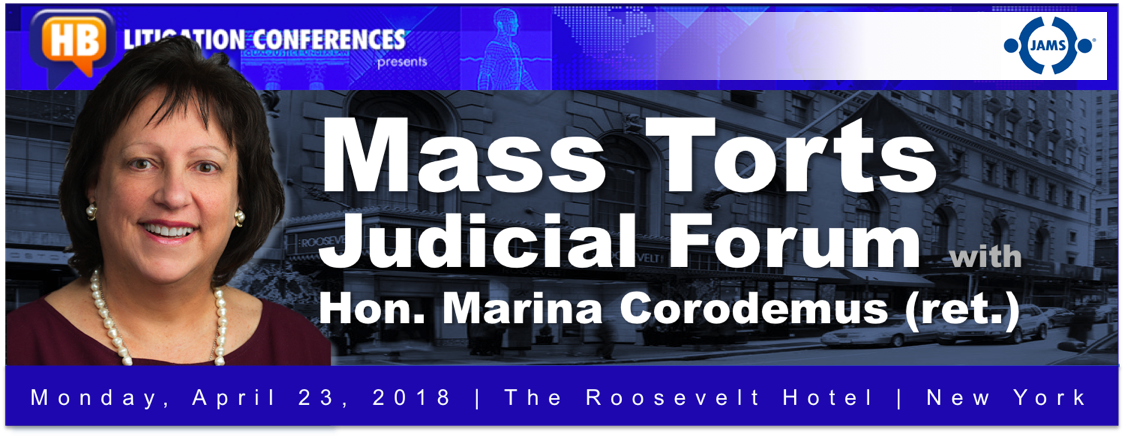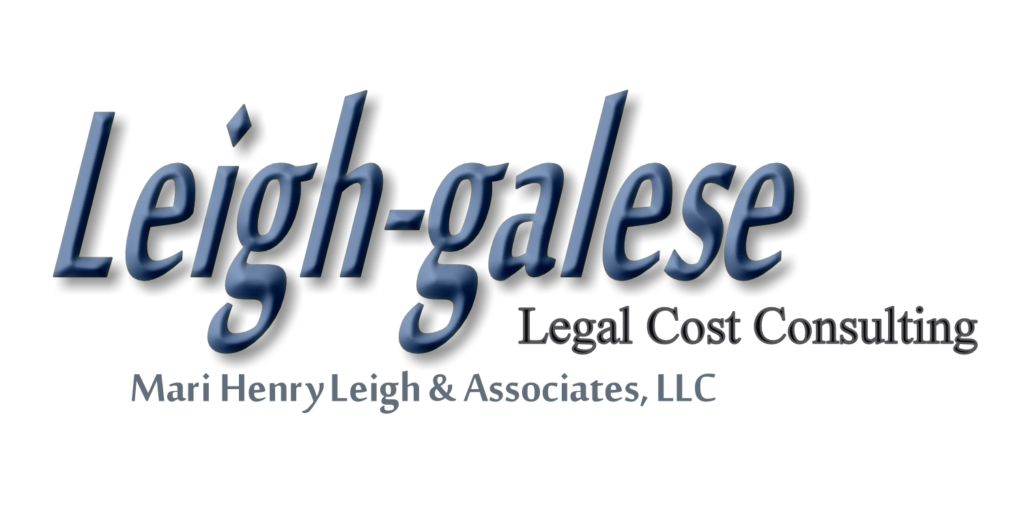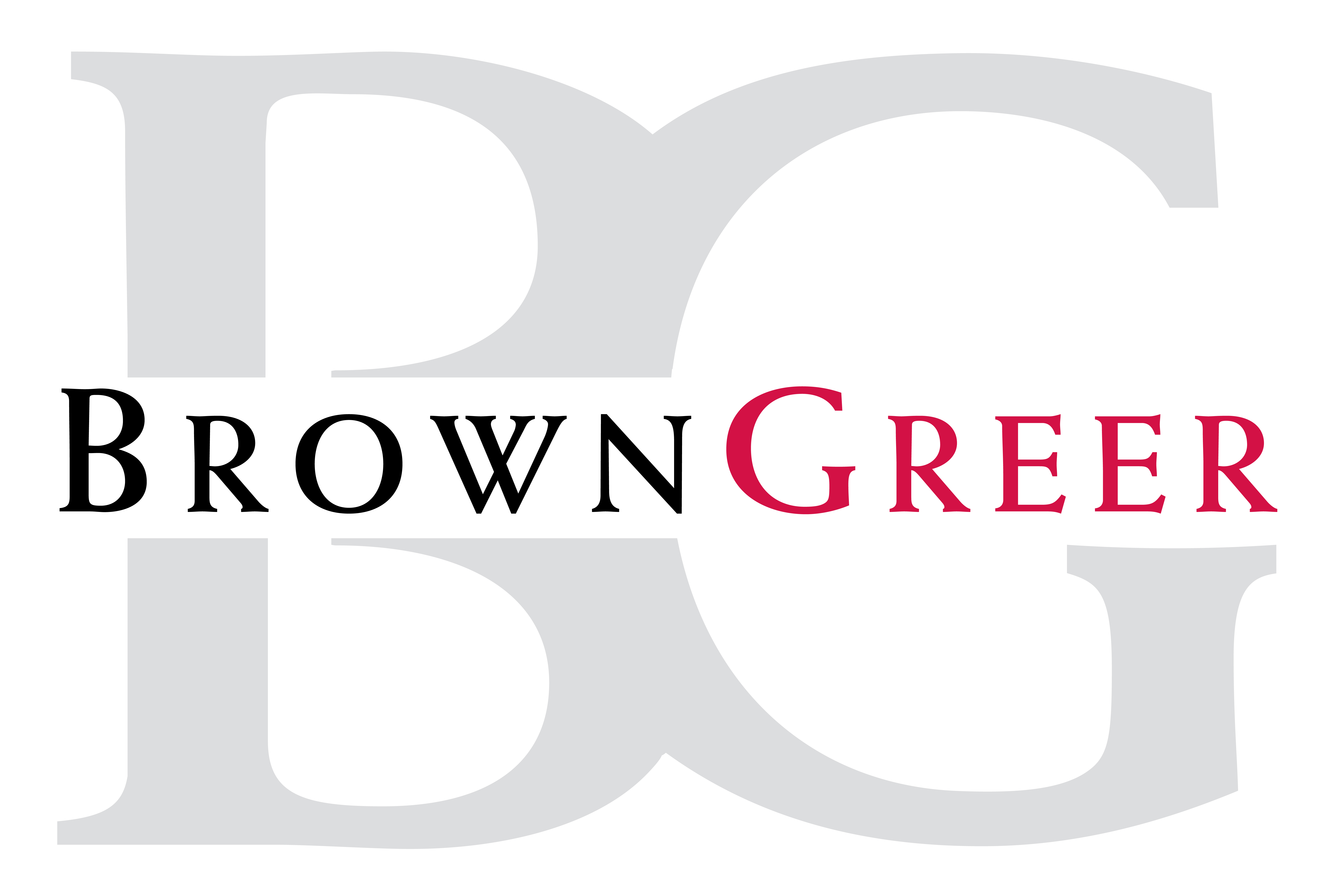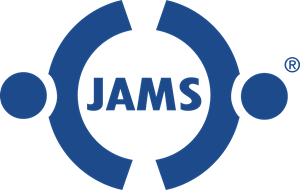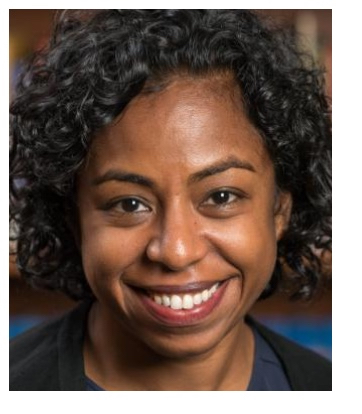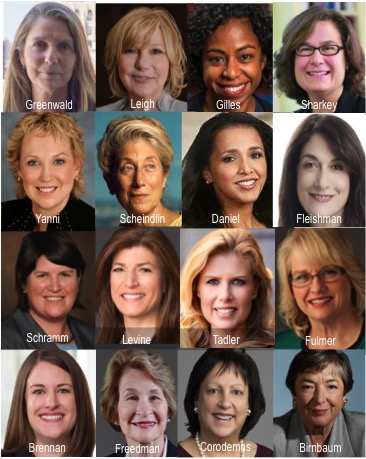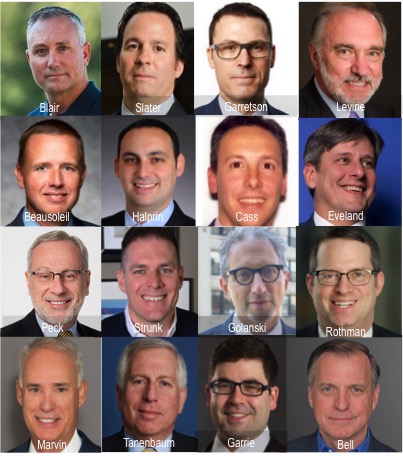We were proud to have worked with Judge Corodemus for 8 years! She truly is a highly regarded and intelligent leader who dedicates herself to bringing complex claims to resolution. Plus, she’s alot of fun!
Scroll down, peruse the agenda and list of speakers.
We have phased live conferences out and no longer offer it as a service. Please visit our home page for a menu of all we do.
Sponsors
Special thanks to our friends at Drinker Biddle!
HB’s Recommended Readings
State Court Jurisdiction in the 21st Century by Prof. Adam N. Steinman for the Pound Civil Justice Institute. Download it now.
An Assessment of the Real World Implications of the New Jersey Supreme Court’s McCarrell Decision by William J. Beausoleil of Hughes Hubbard & Reed LLP. Read it now.
Accutane Plaintiffs Overcome the “Super-Presumption” That FDA-Approved Warnings About Drugs are Adequate by Bruce D. Greenberg, Lite DePalma Greenberg, LLC. Read it now.
Another Accutane Decision and a Big Win for Plaintiffs by Greenberg. Read it now.
Merck’s petition to the U.S. Supreme Court in Merck Sharp & Dohme v. Albrecht on the issue of whether FDA approval insulates it from state law failure-to-warn claims. Read it now.
The Supreme Court’s 2009 ruling against preemption of state law failure-to-warn claims in Wyeth v. Levine. Read it now.
The Third Circuit U.S. Court of Appeals’ March 2017 ruling in In Re: Fosamax Product Liability Litigation which allowed the plaintiffs to proceed with state law failure-to-warn claims. Read it now.
Northfolk Southern v. Dolan, an en banc decision from the Missouri Supreme Court denying jurisdiction over the case basically saying that running railroad tracks through the state is not enough of a connection. Read it now.
The Missouri Supreme Court’s one-page writ order in Imerys Talc America, denying jurisdiction without prejudice to nonresident plaintiffs. Read it now.
Covington v. Janssen, a memorandum and order from the U.S. District Court in Missouri’s Eastern District denying jurisdiction and citing the BMS decision. Read it now.
[/one-third-first]
Conference Chair
Hon. Marina Corodemus (ret.)
Mediator, Arbitrator & Special Master
Corodemus & Corodemus LLC
JAMS New York Neutral
The Roosevelt Hotel
45 East 45th Street
New York, NY
HB is proud to be working once again with Judge Corodemus, a highly regarded and intelligent leader who dedicates herself to bringing complex claims to resolution and, in this case, educating practitioners not only with her insights, but with those shared by many of the finest litigators, trial attorneys, experts and neutrals in the field today.
Mass tort practitioners have a genuine need for sophisticated updates and insights from true leaders from both sides of the bar and from the bench. They tell us they like the “reality-based back and forth” between plaintiffs and defendants, the serious involvement of the judges, and the ability to interact with the faculty and other members of the audience. One told us that if she could only attend one mass tort event, it would be this one. A long-time hallmark of this event is the significant representation of . . .
Leading Women Practitioners, Neutrals, Academics & Judges
Judge Marina Corodemus (ret.), Mediator, Arbitrator and Special Master, Corodemus & Corodemus LLC and JAMS New York Neutral, Panel and Program Chair
Sheila L. Birnbaum, Partner, Quinn Emanuel Urquhart & Sullivan LLP
Jessica L. Brennan, Associate, Drinker Biddle & Reath LLP
Sindhu S. Daniel, Shareholder, Baron & Budd P.C.
Wendy R. Fleishman, Partner, Lieff Cabraser Heimann & Bernstein LLP
Judge Helen E. Freedman (ret.), Neutral, JAMS
Brenda S. Fulmer, Partner, Searcy Denney Scarola Barnhart & Shipley P.A.
Professor Myriam E. Gilles, Vice Dean, Paul R. Verkuil Chair in Public Law, Benjamin N. Cardozo School of Law, Yeshiva University
Robin L. Greenwald, Practice Group Chair, Weitz & Luxenberg P.C.
Mari Henry Leigh, Founder, Mari Henry Leigh & Associates, LLC
Heidi Levine, Partner, Sidley Austin LLP
Honorable Shira A. Scheindlin, Of Counsel, Stroock & Stroock & Lavan LLP
Sara E. Schramm, Attorney, Blasingame, Burch, Garrard & Ashley P.C.
Professor Catherine M. Sharkey, Crystal Eastman Professor of Law, New York University School of Law
Ariana J. Tadler, Partner, Milberg Tadler Phillips Grossman LLP
Cathy Yanni, Special Master, JAMS
And Outstanding Gentlemen, Too
William J. Beausoleil, Partner, Hughes Hubbard & Reed LLP
Edward J. Bell, Senior Managing Director, Ankura Consulting Group
John T. Bair, Founder & Member, Milestone Consulting LLC
David Cass, Global Chief Security Officer, IBM Cloud
Mark T. Eveland, President & CEO, Verus LLC
Daniel B. Garrie, Neutral, JAMS
Matthew L. Garretson, Founder & CEO, Garretson Resolution Group
Alani Golanski, Director, Appellate Litigation Unit, Weitz & Luxenberg P.C.
Peter A. Halprin, MCIArb, Anderson Kill P.C.
Judge Richard A. Levie (ret.), Neutral and Special Master, JAMS
Douglas R. Marvin, Partner, Williams & Connolly LLP
Robert S. Peck, President, Center for Constitutional Litigation P.C.
Alan E. Rothman, Counsel, Arnold & Porter Kaye Scholer LLP
Adam M. Slater, Mazie Slater Katz & Freeman LLC
Philip R. Strunk, Partner, BrownGreer PLC
Michael Tanenbaum, Chair, Tanenbaum Keale LLP
AGENDA
Monday, April 23, 2018
7:30 | Registration & Breakfast
8:45
Opening Remarks
Program Chair
Judge Marina Corodemus (ret.)
Mediator, Arbitrator and Special Master
Corodemus & Corodemus LLC
JAMS New York Neutral
9:00
Cybersecurity in Mass Tort Cases
Best Practices for Handling Massive Troves of Sensitive Data
Multiple cybersecurity issues arise that are unique to mass tort cases, especially those involving massive amounts of HIPAA data in medical records, and data protection requirements that the Plaintiff and Defense bars must exercise. This panel will examine these issues from the perspective of lawyers, solution providers, neutrals, and CISOs. In addition insights and best practices for the plaintiff and defense bar, the panel will discuss the rapidly evolving ethical obligations of lawyers and the impact on future litigations of cyber-attacks similar to those experienced by DLA, Deloitte, and dozens of other top firms and providers.
Speakers
Daniel B. Garrie, JAMS – moderator
David Cass, Global Chief Security Officer, IBM Cloud
Ariana J. Tadler, Partner, Milberg Tadler Phillips Grossman LLP
Peter A. Halprin, MCIArb, Anderson Kill P.C.
9:45
Mass Torts Year in Review
With Prof. Catherine M. Sharkey
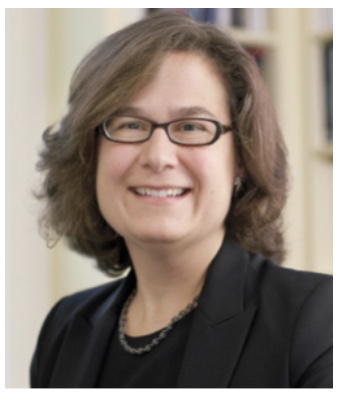 This learned law professor will provide an overview and insights with regard to the spate of high-impact appellate decisions that have been handed down in significant mass tort actions in the past 18 months.
This learned law professor will provide an overview and insights with regard to the spate of high-impact appellate decisions that have been handed down in significant mass tort actions in the past 18 months.
Speaker
Professor Catherine M. Sharkey
Crystal Eastman Professor of Law
New York University School of Law
10:15 | Break
10:30
Improving Client Control
How Technology Can Bring Order to Chaos
With online mass tort databases, how you collaborate and coordinate with litigants beyond your firm is being revolutionized. This panel will discuss how to use data to your advantage and why it’s important to collect and organize information electronically about your case from day one. They will offer best practices on connecting the dots, that is, working with disaggregated people on a mass dispute. On the subject of “Designer Case Collection,” you will learn about using state of the art technology to build plaintiff profiles. Finally, they will discuss how to best keep plaintiffs informed and updated.
Speakers
Judge Helen E. Freedman (ret.), Neutral, JAMS, Panel Chair
William J. Beausoleil, Partner, Hughes Hubbard & Reed LLP
Edward J. Bell, Senior Managing Director, Ankura Consulting Group
Sindhu S. Daniel, Shareholder, Baron & Budd P.C.
11:15
The Business of Mass Torts:
A Balanced Review of Ethical and Procedural Challenges and Best Practices
As mass tort plaintiff firms build their practices, they apply — as do most 21st century law firms — what had traditionally been business tools. These include branding campaigns, marketing, advertising, client development, joint ventures, and project financing. As they work to identify potentially harmed claimants, they conduct marketing and advertising campaigns using social media, web analytics and television ads. Since the cost of bringing these cases falls to the firms, they also are tapping into the growing litigation finance industry for support. Defense firms see more claims coming at their clients as a result of these successful promotional campaigns and new sources of funding. Regardless of their positions on liability, the two side sometimes disagree on whether certain claims are ready for litigation.
Our panel will use this as a backdrop as they discuss certain requirements under the Federal Rules of Civil Procedure and ethical guidances from the ABA Model Rules of Professional Conduct. They will provide insights and potential solutions to common challenges based on their decades of mass tort litigation experience from both sides of the bar.
What they will cover:
Federal Rules of Civil Procedure:
- FRCP 11, which says that by filing claims the attorneys certify to the court that their allegations and factual contentions are supported by the evidence or are likely to have support after reasonable opportunity to investigate further.
- FRCP 1, which requires they parties to secure the just, speedy, and inexpensive determination of every action and proceeding.
- FRCP 60, which grants a party relief from judgment or order based on circumstances including newly discovered evidence that, with reasonable diligence, could not have been discovered at the time of the judgment or order.
ABA Model Rules of Professional Conduct:
- FRCP 7.2, governing the proper use of attorney advertising.
- ABA Model Rule 1.8 and ABA Model Rule 5.4, which address the extent to which, if any, the litigation financier controls the litigation.
- ABA Model Rule 5.4, which addresses the need for an attorney to continue to make judgments independent of the finance company.
- ABA Model Rule 1.6, which discusses the need for attorneys to have a client’s consent before disclosing confidential information to any third party, including a litigation funding company.
- ABA Model Rule 1.7, which addresses the circumstances in which an attorney may and may not have a conflict of interest in working with a litigation funding company.

